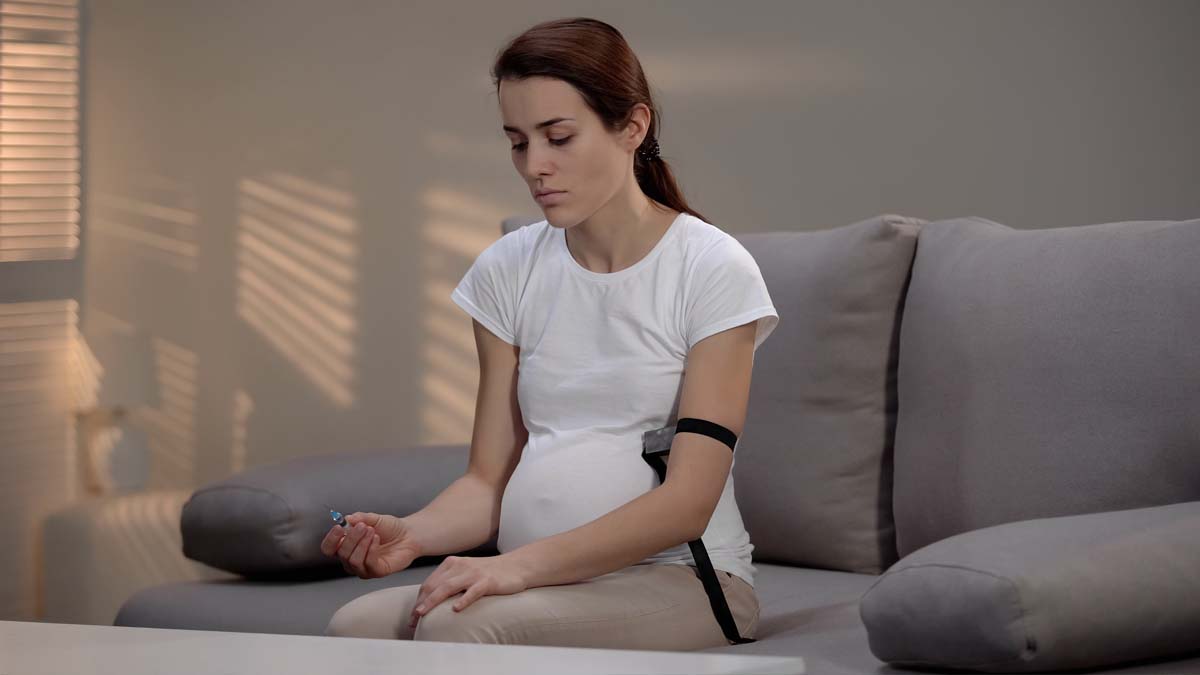When we asked Molly Joseph, M.D., of Lowcountry OB/GYN what topic she might want to cover in an article for HealthLinks Magazine, she enthusiastically suggested menopause. As a certified menopause provider since 2019, Dr. Joseph knows that menopause is a broad and encompassing subject, but she commented that we need women to know that menopause health starts early and that means before menopause starts.
“Knowing about menopause in your 40s will help improve your transition into menopause,” she said.
Over the last several years, many reports have been published on how the Women’s Health Initiative (WHI) was inconsistent and contradictory to what was initially presented in the media regarding the use of menopause hormone therapy. Estrogen and its important role in a woman’s overall health has been brought back to the forefront.
Unfortunately, there were no follow-up press conferences, as the WHI subsequently retracted almost all of its dire warnings. They now report that women who start menopause hormone therapy within 10 years of their final period have the best and safest treatment for their symptoms. It does not increase the risk of stroke, it decreases the risk of heart disease and reduces the risk of urinary tract infections, dementia, Alzheimer’s, osteoporosis and hip fractures. Additionally, it reduces the risk of death from all causes.
Dr. Joseph said that menopause is defined as the permanent cessation of menses because of loss of ovarian follicular activity and is determined retrospectively after no menses for 12 consecutive months.
In circumstances where a woman does not have menses because of using a Mirena IUD, a previous endometrial ablation, surgical removal of the ovaries or having had a hysterectomy or medically-induced menopause from chemotherapy, a blood test can help confirm the diagnosis of menopause.
The average age of onset for menopause is 51. It is considered early or premature if it occurs before age 45 and late if it occurs after 54 years old.
Perimenopause can start as early as the late 30s or 40s and last up to 10 years. It is the most erratic time of symptoms due to inconsistent and fluctuating ovarian hormone production. Hormone therapy can be used during this time to help treat symptoms from heavy irregular periods to mood irritability. Patients often report just “not feeling like myself.” Symptoms may include low mood, irritability, internal anxiousness, anxiety, brain fog, sexual symptoms, being less able to cope, loss of resilience, having a harder time concentrating, difficulty making decisions, fatigue and pain. These often get treated with other medications, specifically antidepressants versus hormone therapy. Dr. Joseph explained that the reason for this is that many of these patients are not considered to be in true menopause yet.
The term postmenopause begins the day after menopause officially starts. It is often just referred to as menopause and a woman is at this stage for the rest of her life.
Treatments
As previously mentioned, hormone therapy can be very useful in relieving symptoms in all stages of menopause, from perimenopause to postmenopause. Hormone therapy for women can include estrogen, progesterone and testosterone.
Estrogen receptors are found throughout a woman’s body, including the brain, gut and bones. It is responsible for the regulation of over 400 bodily functions, and it is the drop in estradiol that causes many of the age-related cardiometabolic, musculoskeletal, mood and cognitive problems women have as they age.
Symptoms of Menopause
Because of estrogen’s influence and importance to cells throughout the entire body, women experience many different symptoms in both peri- and postmenopause when estrogen levels decline. Some of these symptoms include:
- Weight gain, typically in the midsection due to insulin resistance.
- Loss of lean muscle mass.
- Anxiety, irritability, mood swings, depression and tearfulness.
- Hot flashes and night sweats (vasomotor symptoms).
- Vaginal dryness and/or pain with intercourse.
- Urinary frequency and overactive bladder symptoms.
- Rapidly aging skin due to estrogen’s protective effect on collagen.
- Loss of bone, osteopenia leading to osteoporosis and loss of height.
- Low sex drive.
- Fatigue.
- Joint and muscle aches (musculoskeletal syndrome of menopause).
- Carbohydrate craving.
- Insomnia.
- Vertigo.
- Heart palpitations.
- Brain fog.
Dr. Joseph said, “There is a plethora of evidence-based research that demonstrates that estrogen if started within the first 10 years of your menopause reduces mortality. Estrogen can reduce your risk of heart disease by 30 to 50 percent. It’s important to point out that estrogen alone (without progesterone for those who do not have a uterus) does not cause breast cancer. We, of course, worry about breast cancer, and no one wants to get it, but women are seven times more likely to die from heart disease than breast cancer. The same number of women die annually following osteoporotic hip fracture as do breast cancer. No one ever wants any of these medical complications, but we must look at all aspects of our health and realize that early hormone treatment has very important health benefits and we shouldn’t dismiss it for maybe some unfounded fears.”
When it comes to menopausal medicine, Dr. Joseph suggested writing down your concerns and scheduling a separate visit from your annual to evaluate your past medical and family history. For example, patients should write down:
- Symptoms and what bothers them the most.
- Current nutrition and exercise program.
- Goals for health.
- Family history of any cancers, particularly breast, ovary, colon cancer or any history of a deep vein thrombosis or blood clotting disorder. Any family history of osteoporosis.
- Current medical problems and medications.
- Complications in pregnancy related to elevated blood pressure, pre-eclampsia, small babies or other complications.
- Any breast problems or abnormal mammograms.
She concluded, “There are many different combinations and doses of estrogen, progesterone and testosterone that are used during peri- and postmenopause. Start your conversation with your healthcare provider early, before menopause. Make sure you are doing your part with lifestyle and healthy habits including weight-bearing exercise, good sleep, good nutrition and hormone therapy considerations. Make your menopause era your best era!”
By Theresa Stratford






